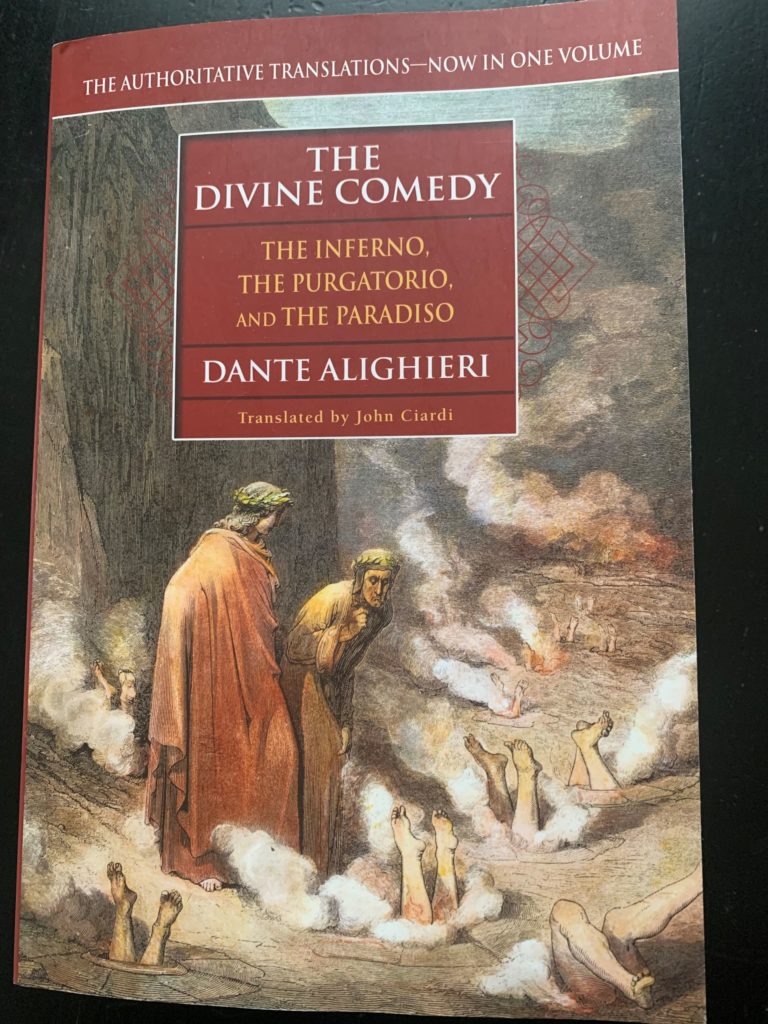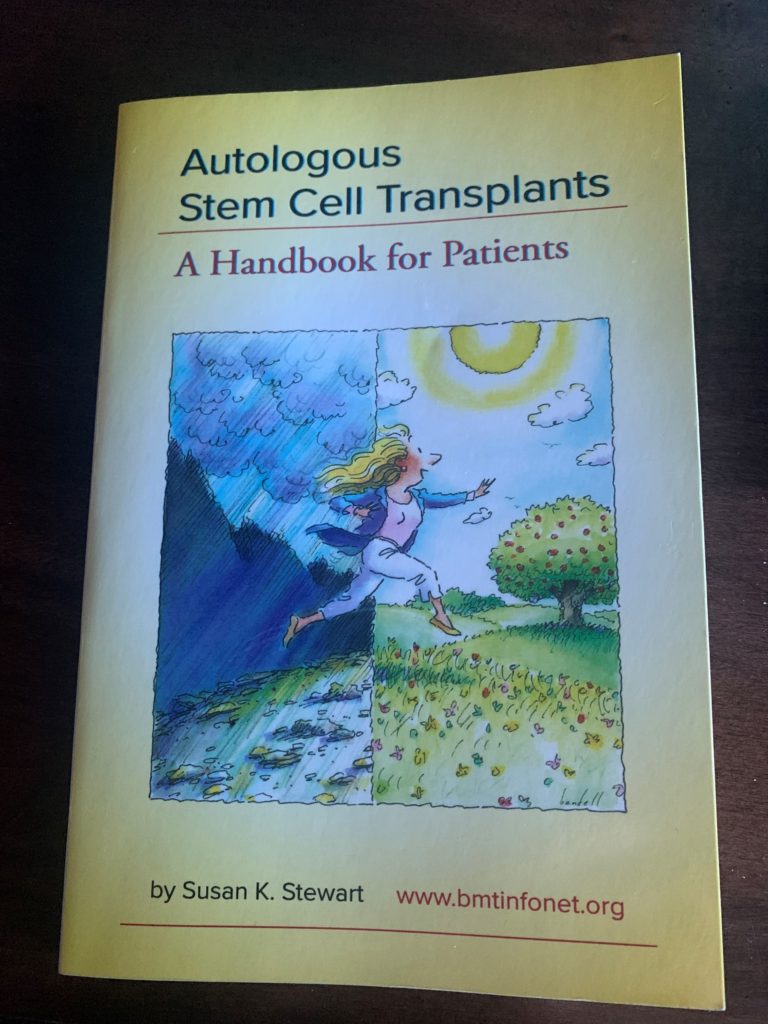Living in a Foreign Language by Micheal Tucker is the Left Coast Culinary Book Club selection for July. I am not just the a member but the President. Remember that one? Unfortunately, I am keeping up with the reading but I have been missing the gatherings. Fortunately, the group is doing a good job carrying on without me.

This book is an easy read by an actor that had his heyday in the 1990s. Tucker was the star of a TV show called LA Law and when the show ended he kind of checked out according to the book. The book is about what happened next which seems to be a shift toward spending more time in Italy.
As many Mediterranean cultures go, there is a heavy influence of food and leisure in their lifestyle. This story is no exception. There is a lot of talk about pasta and meals take a heavy role in the story. The search for the best butcher or cheese monger or fruit vendor. Then there is the ever present garden of peppers, tomatoes, eggplant and zucchini. A giant bread oven sits dormant in the back yard and looms foreboding to be used.
As much as food plays a role in this book, the real star is the is the house. There is the torrid love affair on first meeting. After it has been secured, there is a major remodeling project to double the size of the structure. Each time there is a separation, Tucker longs to come back again.
The story is set in Umbria. I would say that is the lesser known Tuscany. What I mean is that it is rolling hills, picturesque and is mostly rural. The region is commonly referred to as the breadbasket of Italy. At least that is what I learned when I watched the Stanley Tucci Netflix series on Italy.
The book is light. There were elements of humor throughout the book. I liked that. It was one of the nicer memoirs that I have read about people that I don’t really care about. The self deprecating approach that Tucker takes is much preferable to the smugness of Tucci. As you know, I like to work on houses as well as cook.
While I have been to Italy, I am not drawn to Italian cuisine. I certainly appreciate their love and appreciation of food culture, I could care less about pasta. I guess that I hail from butter culture and not olive oil culture. I keep thinking that if I admire the culture enough, I will eventually like it. So far, it is not true.
End Your Programming Routine: Would I recommend this book? No, not necessarily. If you are a Tucker fan or can’t get enough of Under the Tuscan Sun then I think the imagery would be appealing. I can’t necessarily get behind a celebrity buying his second home in Europe and in the process having to give up his personal assistant in the process. Especially when he hasn’t worked in several years. I am not bitter, I just can’t relate. To each his own.


Recent Comments